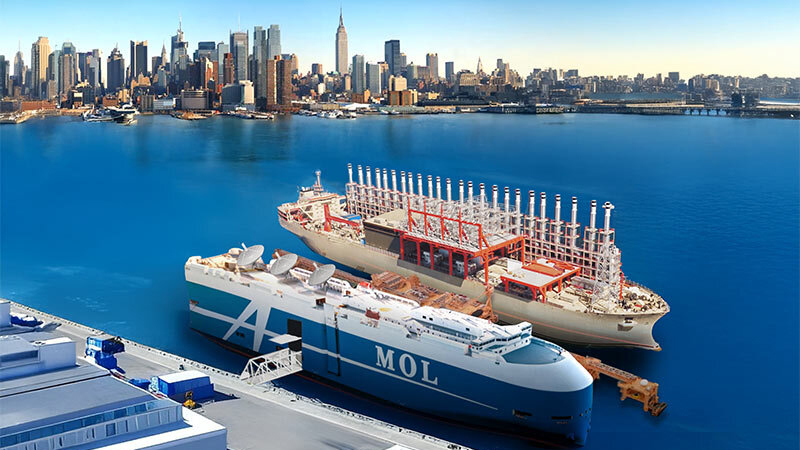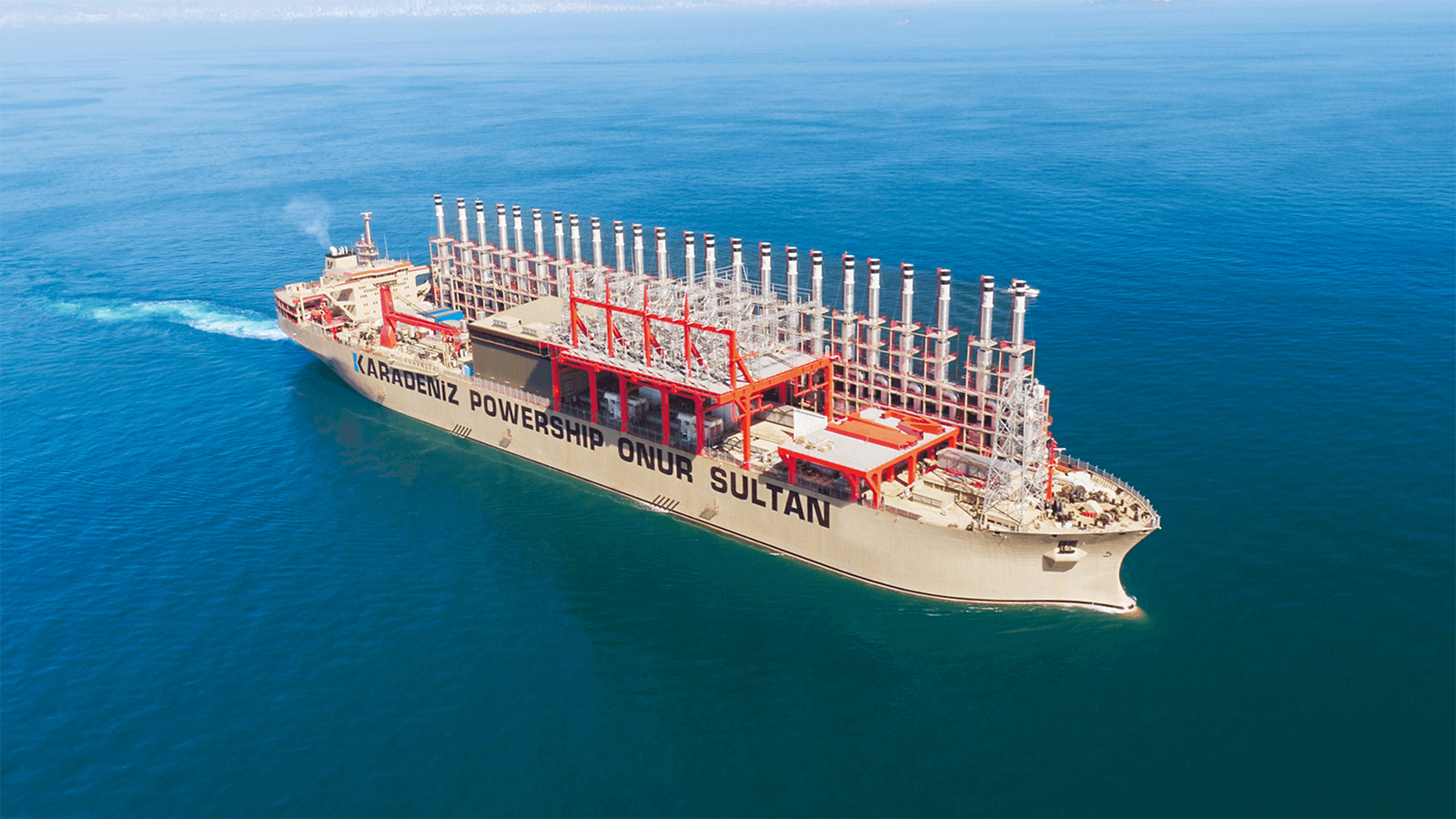Japanese shipping company partners with Turkish outfit to build a 73MW floating data center — data ship expected to be deployed by 2027
This floating data center will be much easier and faster to deploy than land-based ones.

Japanese shipping line Mitsui O.S.K. Lines (MOL) has just signed a Memorandum of Understanding (MoU) with Kinetics, a subsidiary of Turkish floating power generation company Karpowership, to build and power a 20 to 73-megawatt floating data center. According to MOL, this pilot project will use a 120-meter-long ship with a gross tonnage of 9,731 tons. Power will primarily be delivered via a Karpowership vessel using various fuels like Liquified Natural Gas. It can also connect to other land and sea sources, like connecting to offshore windmills or onshore solar farms.
“This MOU represents an important step forward in leveraging the MOL Group’s assets and extensive expertise in ship operations to rapidly build digital infrastructure while minimizing environmental impact,” said MOL Managing Executive Officer Tomoaki Ichida. Kinetic CEO Mehmet Katmer also added, “This project represents a significant step toward our vision at Kinetics: delivering innovative, efficient, and sustainable infrastructure solutions that meet the energy needs of today and tomorrow. By pairing mobile power generation with floating data infrastructure, we are addressing critical market bottlenecks while enabling faster, cleaner, and more flexible digital capacity expansion.”

Grid capacity and power concerns are the biggest limiting factors to the deployment of massive data centers. And as demand for AI processing ramps up, power and transmission companies are having difficulty catching up with demand. These issues are causing expensive delays, and tech companies need to find ways to get power quickly. Elon Musk did this by using massive portable generators to deliver the needed electrical power, but he’s now facing allegations of polluting the air in the neighborhood of his Memphis Supercluster. Despite receiving 150MW from the Tennessee Valley Authority and using Tesla batteries to serve as backup, Musk still plans to ship a complete power plant into the U.S. to deliver 2 gigawatts of power to Colossus.
Other tech companies like Microsoft, Google, Amazon, Meta, Nvidia, Oracle, and more are also having power issues with their respective data center projects. Because of this, many of them are investing in small modular reactors that can deliver the required clean energy needed for their massive investments. However, this will take time, with the earliest commercial deployment not expected until the 2030s.
MOL envisions its floating data center to be an interim solution to this problem. It plans to complete the design of the offshore data center and the signing of MoUs with the data center operator and port authorities this year. It will then complete the shipboard conversion, acquire permits and licenses, and finalize contracts in 2026, with its first floating data center expected to begin commercial operation in 2027.
This is much faster than the average four-year setup time for data centers (although it still can’t beat Musk’s 19-day record). Aside from that, the company can easily redeploy the floating data center wherever it’s needed or at a location with a competitive power production cost, as long as there is a suitable network connection. We have yet to see how profitable this operation is in the long term, but MOL’s floating data center makes it much faster and easier to get a data center, presumably at a lower cost than land-based alternatives.
Follow Tom's Hardware on Google News to get our up-to-date news, analysis, and reviews in your feeds. Make sure to click the Follow button.
Get Tom's Hardware's best news and in-depth reviews, straight to your inbox.

Jowi Morales is a tech enthusiast with years of experience working in the industry. He’s been writing with several tech publications since 2021, where he’s been interested in tech hardware and consumer electronics.